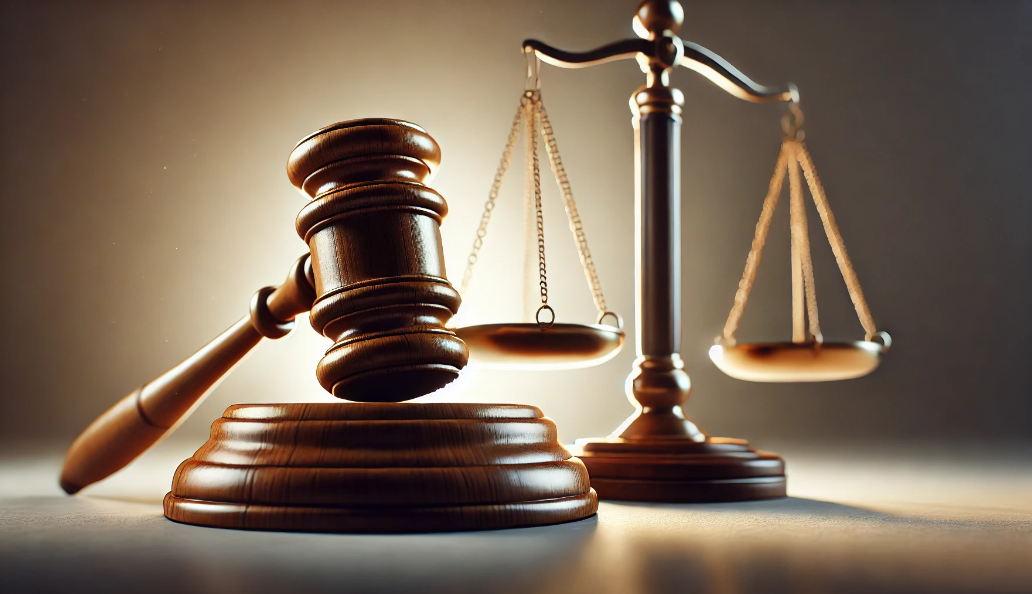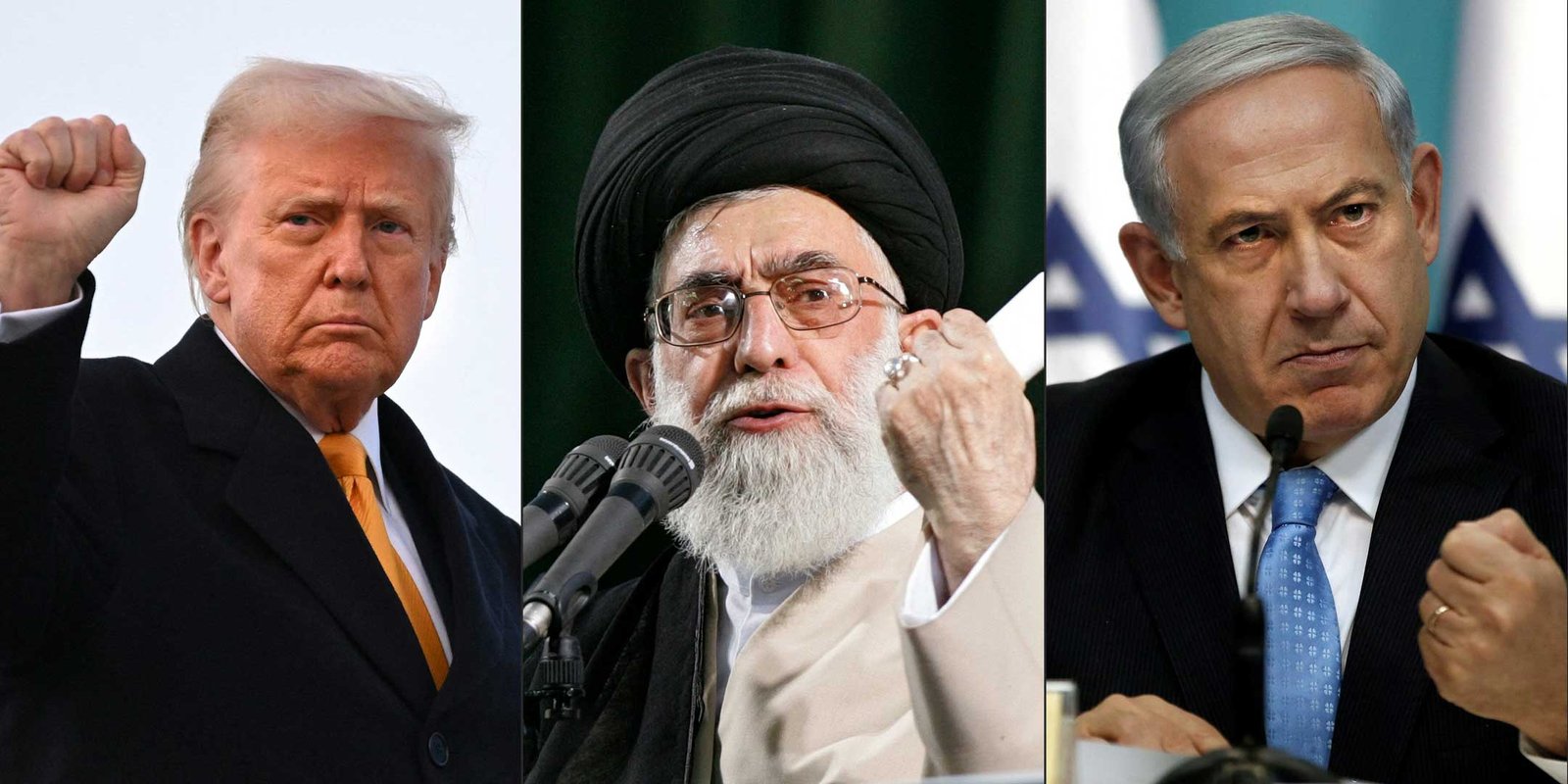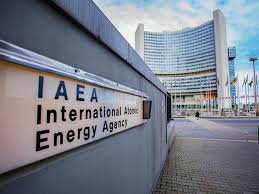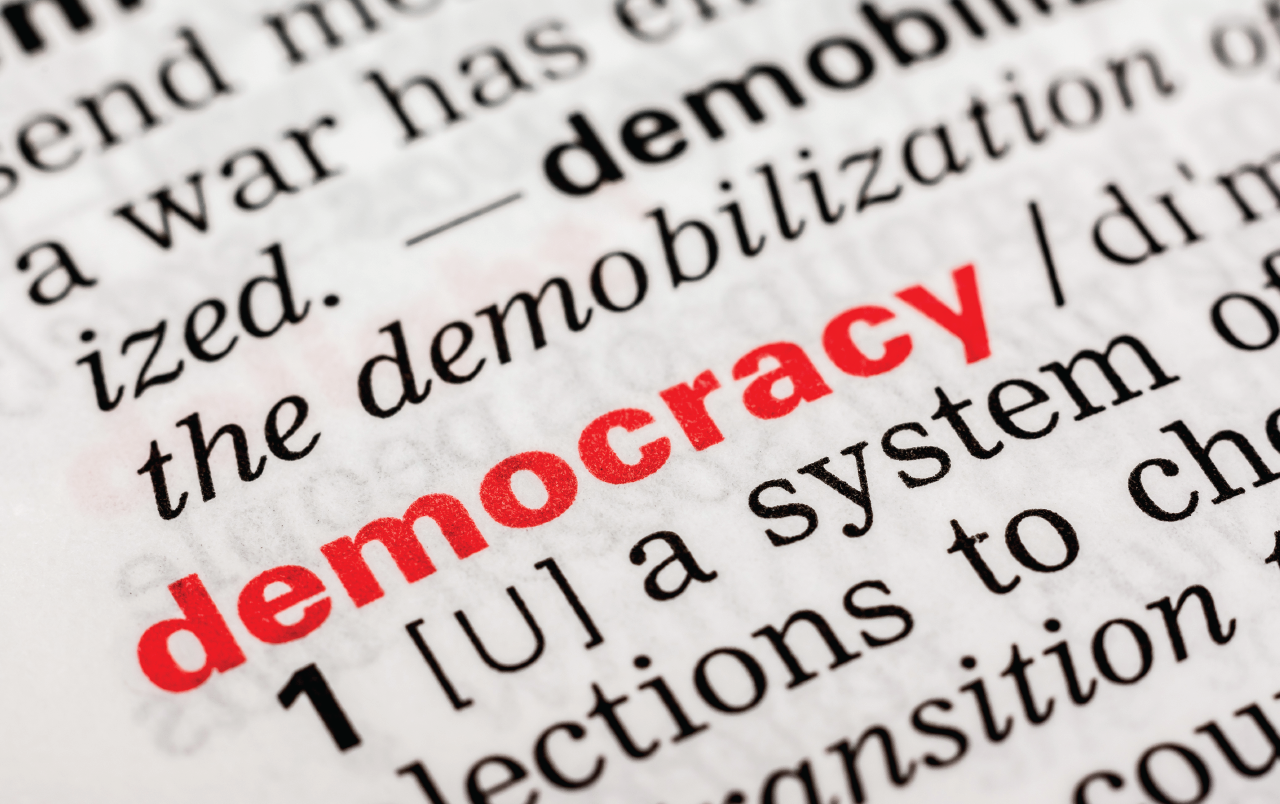Editorial
The judiciary of Pakistan has long occupied a decisive space in the country’s political and constitutional order, often navigating between the competing demands of legality, morality, and power. In recent times, however, this role has come under renewed scrutiny, particularly in light of the Supreme Court’s highly consequential decision on the allocation of reserved seats—a ruling that has once again placed the judiciary at the heart of Pakistan’s democratic contest
The verdict, which denied reserved seats to a major political party on the grounds of procedural technicalities, has sparked widespread debate. For its supporters, the judgment reflects a strict adherence to constitutional interpretation and legal procedure. For its critics, it exemplifies a deeper malaise: a pattern in which legal form is used to produce politically expedient outcomes. This decision, whatever its doctrinal justification, carries far-reaching implications—not only for parliamentary representation but also for the broader question of whether judicial neutrality can truly exist in Pakistan’s deeply polarized political climate.
The judiciary’s legitimacy rests not merely on its ability to interpret laws, but on the perception that it does so impartially, consistently, and independently of political influence. Yet history shows that Pakistan’s judiciary has often struggled to rise above the push and pull of power. From the validation of military coups under the doctrine of necessity to the recent proliferation of politically sensitive cases, judicial decisions have repeatedly influenced the fate of governments, opposition parties, and electoral processes. Such influence is not inherently problematic—courts in democratic societies often shape political outcomes—but in Pakistan’s case, the line between legal reasoning and political consequence is frequently blurred, giving rise to suspicions of selective justice.
The contemporary judiciary faces the dual burden of restoring public trust while operating in an environment rife with polarization, media manipulation, and institutional pressures. Its recent judgment on reserved seats may be seen as a test case: was it a principled application of the constitution or a strategic ruling with political ramifications? The lack of clarity and unanimity in reasoning, coupled with the speed and timing of the decision, has only deepened existing fractures in public perception. Critics argue that this decision has effectively disenfranchised millions of voters whose electoral will is now underrepresented in parliament—not by ballot, but by bench.
These concerns are not abstract. They have real consequences for democratic legitimacy, parliamentary balance, and the credibility of future elections. Moreover, they raise difficult questions about the proper limits of judicial intervention: should courts act as final arbiters of electoral outcomes, especially when the constitutional text itself allows room for interpretive flexibility? Or should they exercise greater restraint, allowing elected institutions to resolve political disputes through political means?
The need for comprehensive judicial reform has never been more urgent. While the higher judiciary remains structurally autonomous, its moral authority is increasingly contested. To move forward, Pakistan needs a judiciary that is both institutionally strong and intellectually modest—one that resists the temptation of judicial populism and instead recommits to its constitutional mandate. This includes reforming the process of judicial appointments to ensure transparency and merit, strengthening internal accountability mechanisms, reducing the arbitrary use of suo motu powers, and addressing the chronic backlog of cases that undermines timely access to justice.
Above all, the judiciary must reorient itself from being a participant in political engineering to becoming a guarantor of democratic continuity. Its role must not be to manage politics, but to safeguard the rules by which politics is conducted. That requires a profound cultural shift—from power to principle, from expediency to consistency, from symbolism to substance. Only then can Pakistan hope to cultivate a legal system that inspires confidence rather than cynicism, one in which justice is not only done but seen to be done.
The Supreme Court’s recent decision may stand as a constitutional precedent, but its democratic cost will be measured in the erosion or restoration of public trust. The judiciary still has the chance to write a different legacy—one marked not by controversy but by quiet, courageous fidelity to the law, to the people, and to the fragile ideal of justice.

















